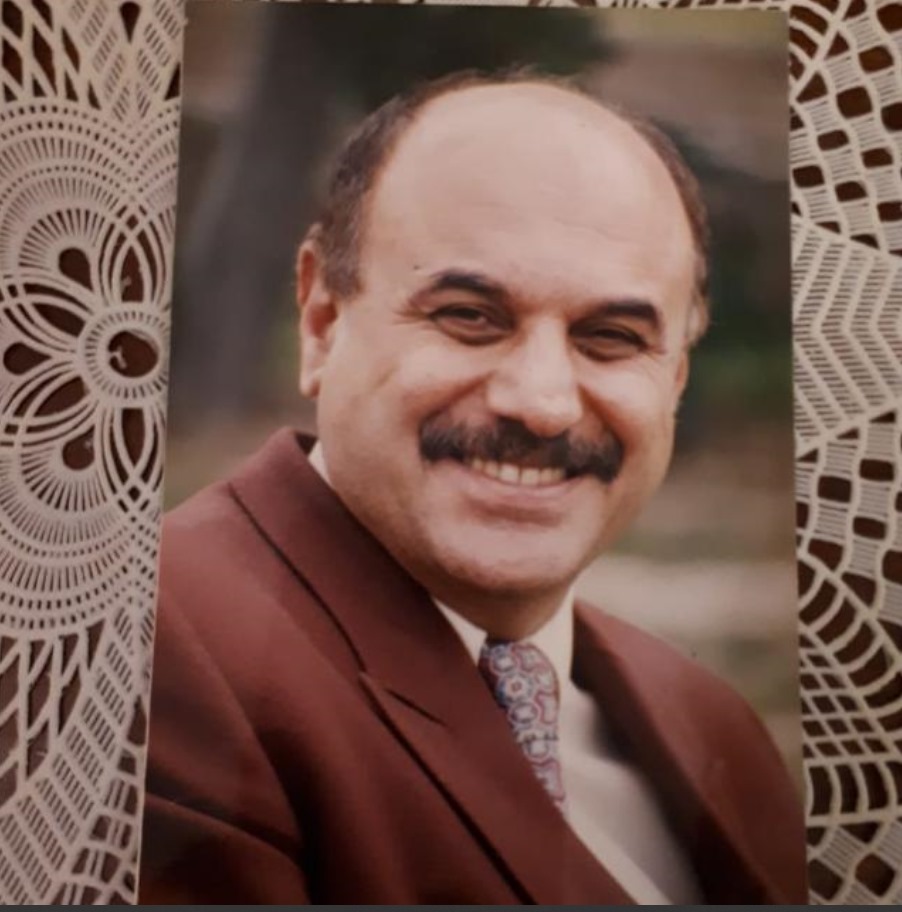By Salam Abdullah
Thirty-seven years ago, on March 16, 1988, the dictatorial and murderous regime of Baghdad carried out a chemical attack on Halabja, using banned weapons. According to reliable sources, this atrocity claimed the lives of 5,000 people, left 10,000 injured, and resulted in the disappearance of hundreds of children, elderly, and disabled individuals.
Despite the undeniable facts, the international response to this disaster was, at the time, disappointingly limited. Rather than addressing the gravity of the crime, global powers largely chose to turn a blind eye. The reluctance to acknowledge that the attack was carried out by the brutal regime in Baghdad—not by any external force—was a glaring example of political inhumanity.
The lack of response from many Muslim-majority countries has also been a source of deep disappointment. According to sacred religious texts, Muslim nations are expected to stand by their brothers and sisters in times of suffering. Yet, instead of showing solidarity, many Muslim-majority countries chose silence over justice.
Equally concerning is the attitude of Iraq’s post-Saddam government. One might have expected the new leadership to acknowledge the suffering of the Halabja victims, yet they largely ignored it, arguing that the crime was committed under a previous regime. This reasoning is as flawed as if post-war Germany had refused to take responsibility for the Holocaust simply because it occurred under Hitler’s rule. However, Germany has long since accepted responsibility and continues to compensate Holocaust survivors and their descendants.
Similarly, the Iraqi government was required to compensate Kuwait with billions for the occupation, despite the fact that it took place under a different leadership. Therefore, Iraq must also take responsibility for the crimes committed in Halabja. It is imperative that the Iraqi government formally acknowledges the massacre, compensates the victims, supports the reconstruction of Halabja, recognizes it as a province, and issues a sincere apology to the Kurdish people.
Recognizing the suffering of Halabja’s people is not just a matter of historical accountability—it is a crucial step toward reconciliation, justice, and ensuring that such atrocities are never repeated.

